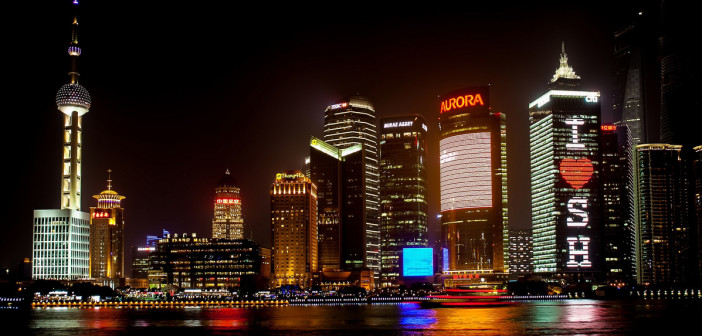NEW YORK CITY — Some Filipino-Canadian communities in Canada haven’t openly issued a statement of support for the US Pinoys for Good Governance (USPGG), which recently organized protests in key US cities to boycott Chinese-made goods, to protest China’s harassment of the Philippines in the disputed South China Sea islands.
This developed as the United States, the Philippines’ No. 1 ally, and China continued to strengthen their development cooperation in a series of meetings recently.
Either the call of community leader and billionaire Loida Nicolas-Lewis, who led over 50 people in front of the Apple store on Fifth Avenue during the Philippines Independence Day to boycott Made in China products, failed to tantalize them or they were not yet ready to march in the streets of Canada to demonstrate their support for the their countrymen in the disputed territories.
Some clothing, toys and food companies in North America continue to sell China-made products and no signs of boycott have been recorded recently.
“Many Filipinos in Canada, of course, also echo the sentiments of the USPGG especially on the issue of bullying in the disputed territories being claimed by the Philippines, but they can’t openly voice them out and raise hell against Chinese-made products because the issue (on boycott) hasn’t sank deeper in their psyche,” said historian and professor Voltaire Rendaje of Woodside, New York.
“The culture (among members of the Filipino community) in as far as calling for boycott of Chinese-made products is concerned, is different,” Rendaje added. “They don’t have a Loida Nicolas-Lewis there (to lead the rally).”
As the Filipinos rapped China’s intrusion on Kalayaan Islands, the United States of America, was busy “recognizing the importance of cooperative and complementary action to address global challenges” with China on the most pressing global health, environmental, and security threats are beyond the ability of any one nation to confront alone and require cooperative action to mitigate.
The US and China decided to hold a special session on their development cooperation at the 2015 Strategic and Economic Dialogue, the highest level discussion on the issue to date between two governments to discuss ways to deepen their cooperation.
“While there are differences in our approaches to development, our history of cooperation on crucial global issues is strong and growing. Our joint efforts in areas such as climate change, the Ebola crisis, capacity building in Afghanistan, and food security in East Timor, show that in working together, the U.S. and China can make a difference,” the US State Department recently declared.
President Obama and President Xi announced their commitment to expand collaboration between the two countries across a range of challenges in November last year.
“Our two nations are now working to implement those announcements. As the world’s two largest economies, the United States and China take our global responsibilities seriously and are committed to join with other partners in building an inclusive global economy and achieving sustainable development for all,” added the US State Department.




